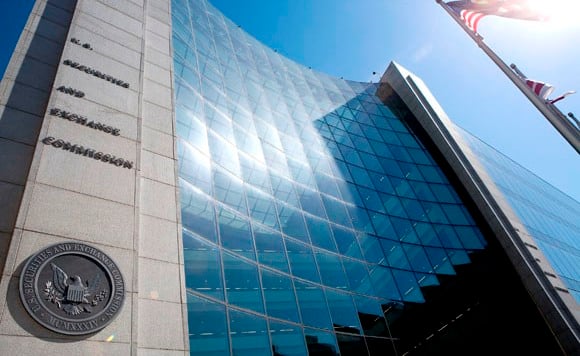Walter wants industry participants to cool the rhetoric, refrain from issuing public statements; 'destructive disengagement'
Securities and Exchange Commissioner Elisse Walter would prefer firms keep their thoughts on money market fund reform out of the public eye.
“For some reason, lately the topic of money market reform seems to be making all of us emotional, strident and, to a certain extent, some of us are losing our heads,” she told attendees at the Investment Company Institute's mutual fund and investment management conference today. “The topic is too important to be played out through a public volley of opinions, but that's where we are today.”
She added: “I'd encourage firms to stay away from media statements. We need to restart constructive engagement, rather than destructive disengagement. The current environment is not conducive to reaching the best conclusions.”
Ms. Walter also stressed that the reforms that were enacted in 2010 — which some industry participants contend are enough to protect investors — were always intended to be the first step towards money market reform, not the end of it.
Indeed, without additional changes, money funds will still be vulnerable to a market panic like the one that rocked the industry in 2008.
“Historically, money market funds have a strong record of stability," she said. "But that doesn't tell the whole story."
In 2007 and 2008, more than 100 money market funds received “bailouts” from their managers or affiliates to maintain their $1 net asset value and not break the buck, according to the SEC.
The discourse over potential money market reforms has reached a fever pitch lately as a formal proposal from the SEC draws closer. Potential proposals could require money market funds to float their net asset value, have a capital buffer, or both.
The topic is generating a great deal of interest due to the vast size of the money market fund industry. More than 640 money market funds are registered with the SEC, holding ore than $3 trillion in total assets. That represents nearly 25% of all investment company assets, Ms. Walter said.







